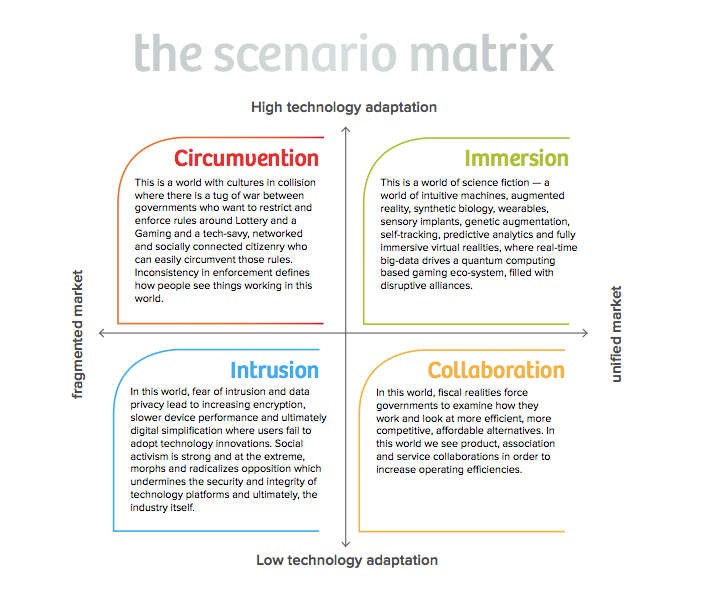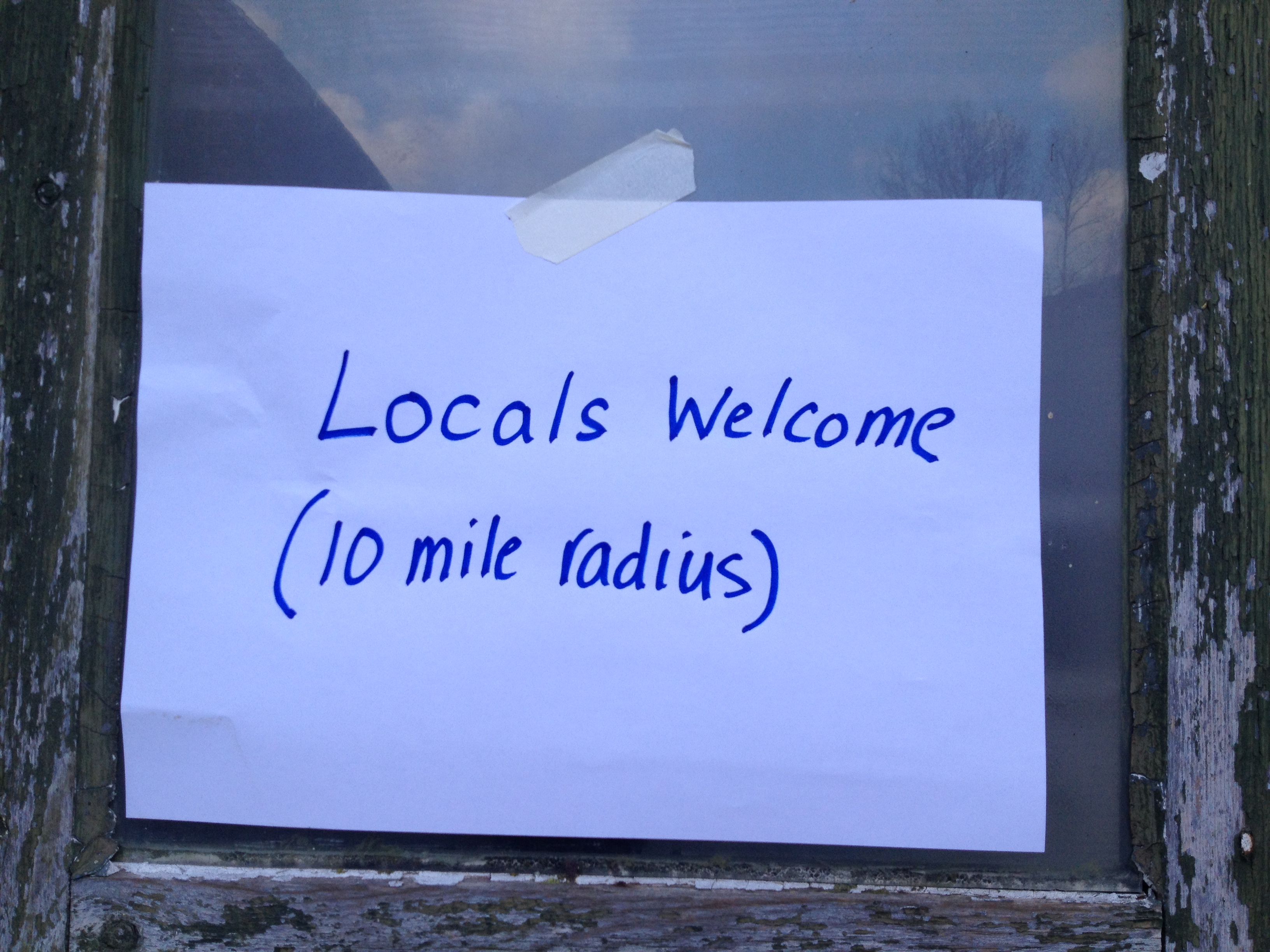Having had a few ‘off’ days, yesterday proved fruitful writing-wise. I’m starting chapter three, which is essentially about science, and had rather too much fun pondering the nature of existence. Here’s an early snippet… please shout if I’ve got anything wrong.
The Sci-fi writer Philip K Dick has suggested that reality is something that if you stop believing in it doesn’t disappear. Mountains exist whether we want them to or not. In contrasti If enough people stop believing in a company, a government or the myth that a $50 bill is worth something then all would indeed disappear.
Better still imagine a planet with no people. We think of language, ideas or history as real, but without humans they all vanish. As Max Planck, the founder of quantum theory, observed: “I regard consciousness as fundamental. I regard matter as derivative from consciousness.”
Such solipsism is already getting a little The Matrix-like, but it gets better. Think again of Yoo-Chul and Choi Mi-sun, the couple that allowed their daughter to starve to death. We regard their daughter as real and their avatar love child as not, which is a binary distinction. Putting to one side the problem of human versus animal rights (scientists have shown that some apes and birds can be more intelligent than three-year-old children, but it’s the children that have the legal rights) there’s the issue of future avatar and robot rights.
For example, the EU parliament is considering giving robotic companions legal ‘person hood’ in a move that could allow them to carry out financial transactions or collect prescriptions of behalf of humans, although one of the implications of this is that robots could be made liable for damage to real property or people with the consequence that the ‘owners’ of the robots – individuals, corporations or governments – might be shielded from any responsibility. That’s a real get-out-of-jail card.
And as the binary distinction between humans and machines blurs or dissolves, especially as we integrate our machines into our bodies or alter ourselves genetically, so might any meaningful distinction between real land virtual vanish.
Imagine, for instance, a future in which you put on a VR headset and instead of RL vanishing it’s still there. Flick a switch (or more likely vocalise a command) and suddenly ‘things’ start to appear in front of our eyes. This is a foretaste of what some people call ‘mixed reality.’ And what if we push things even further. How about a world where gaming in virtual or mixed reality worlds has RL implications?
Some games already include elements of culpability and it’s not too much of a stretch to foresee a situation where harm done to virtual companions – or virtual strangers – has real life legal implications. At the moment, it seems crazy to suggest that we might one day confuse the real with the imagined, but what if we create robots that so successfully mimic human interactions that we start treating them like humans? If a robot were to glance into the distance when you asked it a question or displayed random head movements or twitches we might feel comfortable with them to the point of confiding in them or even falling in love with them. At this point what exists and what doesn’t?
Some experts believe that we will never be able to create conscious machines because to be conscious requires the total integration of memory or experience. For example, there’s a huge difference between a computer containing digital photographs of everything that’s ever happened to us and one that can make connections between each photograph to create memory or identity or edit the images to tell stories.
On the other hand, how do we know that what we experience is real whereas that which a machine experiences is merely a simulation? Surely both could be simulations? How do we know, for instance, that you are not dreaming about reading this? What if VR became so compelling that RL has no appeal? Maybe that’s what we’re seeing already and maybe that’s where we are all eventually heading, although if that’s true how do we know that we haven’t simulated reality already?
This mend-bending idea belongs to, among others, Nick Bostrom, a philosophy professor at Oxford University, and tips us not only into The Matrix, but juicy questions about the nature of reality, religion and the universe itself. What if, for example, ‘life’ along with heaven and hell existed as simulations or game plays and we progressed between the levels over time?
There are many objectors to this idea of reality, as there are to the nature of time and space, which obviously intersect with any discussion of past, present and future. For most physicists, time is not real. Past, present and future are all real and all indistinguishable and any sense of ‘now’ is nonsensical. ‘Now’, in galactic terms, is as silly as ‘here’ or ‘me’ on a map of the universe from inception to end.
‘Now’ happens at different times and depends upon what speed anything or anyone is travelling, whereas ‘here’ depends upon your vantage point. Time does not flow anymore than ‘here’ or ‘me’ does. That’s the theory. But surely the flow of time is essential to how we on earth perceive ourselves. Time flowing is one of the primary human experiences, in contrast to our machines who no nothing of ‘me’, ‘here’ or ‘now’.
If you throw out relativity theory and look at quantum theory instead the picture is rather different. In quantum physics future events are determined by present possibilities, much as our reality exists in more than one state depending on who is experiencing or viewing it. The practical and rather energising outcome of this thought is clearly that the future does not exist until we create it and shimmers into existence one decision at a time. Or perhaps multiple futures and realities co-exist, but only one ever comes alive when we decide to pursue one path or option versus another.
…continues






